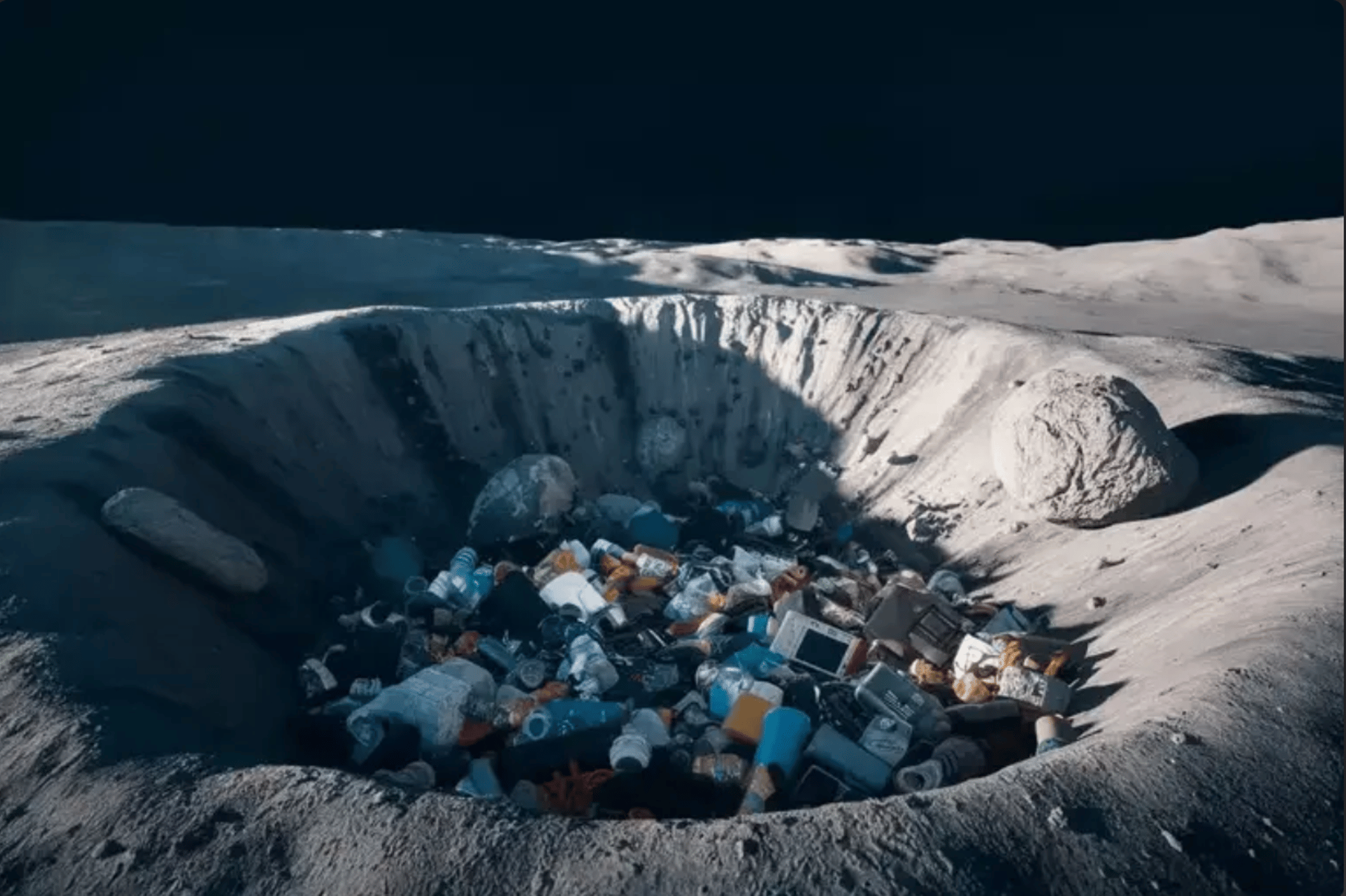
NASA is dangling a cool $3 million for anyone clever enough to crack this one conundrum.
NASA is launching the LunaRecycle Challenge, a two-phase competition offering $3 million in prize money. The space race just got lucrative; think you’ve got the smarts?
Chasing the Current
11/22/20243 min read
Listen our podcast episode based on this article.
NASA is offering $3mil to solve a problem that is not rocket science
What to make some quick cash? How about $3 million in cash for your clever idea? NASA is dangling a cool $3 million for anyone clever enough to crack this one cosmic conundrum. Think you’ve got what it takes to outsmart zero gravity? The space race just got lucrative!
Here is the problem: The space agency has many problems in outer space, and a cash prize is up for anyone who can help them with one of them. NASA’s scientists estimate that the current cost of getting just one pound of material up to the moon and back comes to nearly $100,000 — a steep penalty for overpacking. And now NASA is looking to crowdsource solutions that would help future astronauts more efficiently reuse the material they bring up to Earth's natural satellite, NASA isn't short of money, there's no doubt about that. So, they are now offering $3 million to an individual who can solve how to do one thing in space.
NASA is pressing ahead with a project that would see people on the moon once more, with the first crew in over 50 years set to land on its surface in September 2026. The hugely anticipated mission will see the first woman and the first person of color on the moon. While NASA has worked out how to get people to the moon by now, the space agency is looking for help with improving the sustainability of long-term lunar missions. The agency is seeking help with new ways to process different types of waste, including old clothing and food packaging.
Astronauts will need to make the most of everything they bring with them, even their garbage,' the US space agency said in a video promoting the competition called LunaRecycle. The LunaRecycle's would be 'non-gaseous, non-biological, and non-metabolic' solid waste: 'things like packaging, fabrics and structural elements. The end goal is to dream up innovative and hyper-efficient new ways to transform this trash into 'usable products' that support 'off-planet science and exploration.'
Phase 1 of the competition will carry a $1 million-prize purse and allow innovators to compete along two different tracks.
A 'Digital Twin' track will accept submissions of virtual simulations of the contenders' technology in action, incorporating real world data, and a 'Prototype Build' track will take on teams developing detailed designs of their recycling inventions. Amy Kaminski, program executive for NASA’s Prizes, Challenges, and Crowdsourcing program, said: “Operating sustainably is an important consideration for NASA as we make discoveries and conduct research both away from home and on Earth.
"With this challenge, we are seeking the public’s innovative approaches to waste management on the Moon and aim to take lessons learned back to Earth for the benefit of all.”
NASA hopes to combat their problem with the recently announced LunaRecycle Challenge, a two-phase competition people can enter to help NASA be more sustainable when it comes to space missions.
NASA said that Phase 2 would be 'contingent on the emergence of promising submissions in Phase 1,' but would also bring with it $2 million in potential winnings. Management of Challenge will be led by the director of space technologies and engineering research at the University of Alabama, Dr Rajiv Doreswamy, and Southern school's College of Engineering will be coordinating with NASA, via its historic Marshall Space Flight Center in Huntsville, Alabama.
The challenge manager of the scheme and acting programmer manager for NASA's Centennial Challenges, Kim Krome, added: "I am pleased that NASA’s LunaRecycle Challenge will contribute to solutions pertaining to technological needs within advanced manufacturing and habitats. “We are very excited to see what solutions our global competitors generate, and we are eager for this challenge to serve as a positive catalyst for bringing the agency, and humanity, closer to exploring worlds beyond our own.”
There's no doubt NASA is fully committed to being more sustainable, with a press release on their site stating: "NASA is committed to sustainable space exploration. As we prepare for future human space missions, there will be a need to consider how various waste streams, including solid waste, can be minimized—as well as how waste can be stored, processed, and recycled in a space environment so that little or no waste will need to be returned to Earth."

